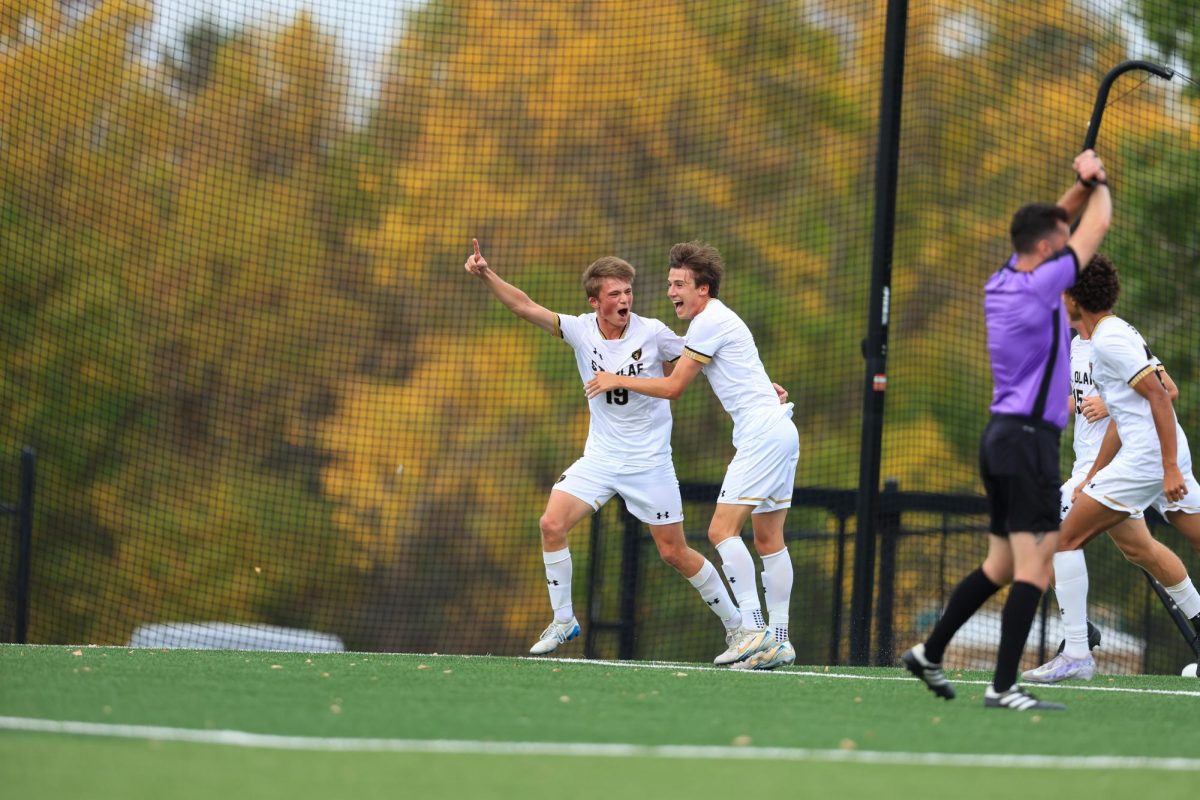The NFL is facing a predicament that was previously inconceivable – viewership of America’s most popular sport is on a swift decline. The election has been primarily to blame based on past trends – during the 2000 election season, the NFL reported that all four of its broadcast partners suffered ratings declines at a minimum of 4 percent. It’s possible that the NFL is dealing with a similar situation this year. However, if ratings continue to dwindle after the election concludes, football might be facing a larger problem.
Various factors could be causing the decline in interest. The NFL has run into concussion controversies, excessive celebration penalties and declining interest during weekday games. Pinpointing a specific cause for declining viewership is impossible, as all these problems are collectively causing the NFL to stagger. Therefore, scapegoating the election does nothing to address the bigger picture. All these issues remain at the forefront of the NFL landscape, well worth being considered as potential causes of reduced interest.
Concussion discussions have dominated football recently, both through media coverage and rule alterations. The shadow of head trauma controversy has caused enrollments in youth football leagues across the country to plummet. Many rule changes have been criticized for removing the integral spirit of the game – almost any hard hit is flagged in an NFL game nowadays. For many fans, the violence of the sport is attractive – hard hits become highlights. Now, the NFL is trying to eliminate those plays by flagging and fining any hit they deem unnecessary. Packers linebacker Clay Matthews was fined over $18,000 after Green Bay’s Week 7 game against Chicago for breaking the arm of opposing quarterback Brian Hoyer. The collision itself was perfectly legal, yet the NFL punished Matthew severely. Kickoffs have all but been eliminated by the new rule change that moved the kickoff location forward five yards. Nearly every kickoff this year results in a casual touchback, erasing another exciting part of the game. The protection of players is undoubtedly necessary, but these safety precautions cost the game some excitement and, in turn, viewership.
The NFL is also eliminating the excitement of scoring by penalizing celebrations. Excitable players dance in the end zone or leap into goal posts after a touchdown, only to be heavily fined. These celebrations are nowhere near the entertainment level of old from players such as Chad Johnson or Terrell Owens, but they are more heavily scrutinized. Fans used to wait all week to see the personalities of their favorite athletes displayed on Sundays, and by fining and penalizing these actions, the NFL is limiting those personalities. During Week 7, Giants safety Landon Collins returned an interception 44 yards for a touchdown. His teammate, Owa Odighizuwa, pretended to take photos of Collins with a fake camera in celebration, and he was later fined $12,154 for the harmless incident. Fines like this barely make a dent in the pockets of these lucrative athletes, but the NFL keeps enforcing punishments for innocent celebrations, making the game more strict and serious.
Football has also become less special because it’s always on television. The NFL has recently instituted Thursday Night Football on a weekly basis, in addition to the typical Sunday and Monday contests. Add in college football on Saturdays, and it’s natural to conclude that fans may have had enough of the sport during a typical week. Fans used to have to wait in eager anticipation throughout the week to watch football. Now, there’s a game almost every night.
Perhaps the election is having a bigger impact than logic would dictate, despite debates only overshadowing two Sunday night games. But by ignoring the issues at the core of its image, the NFL is putting itself in danger of further decline.




